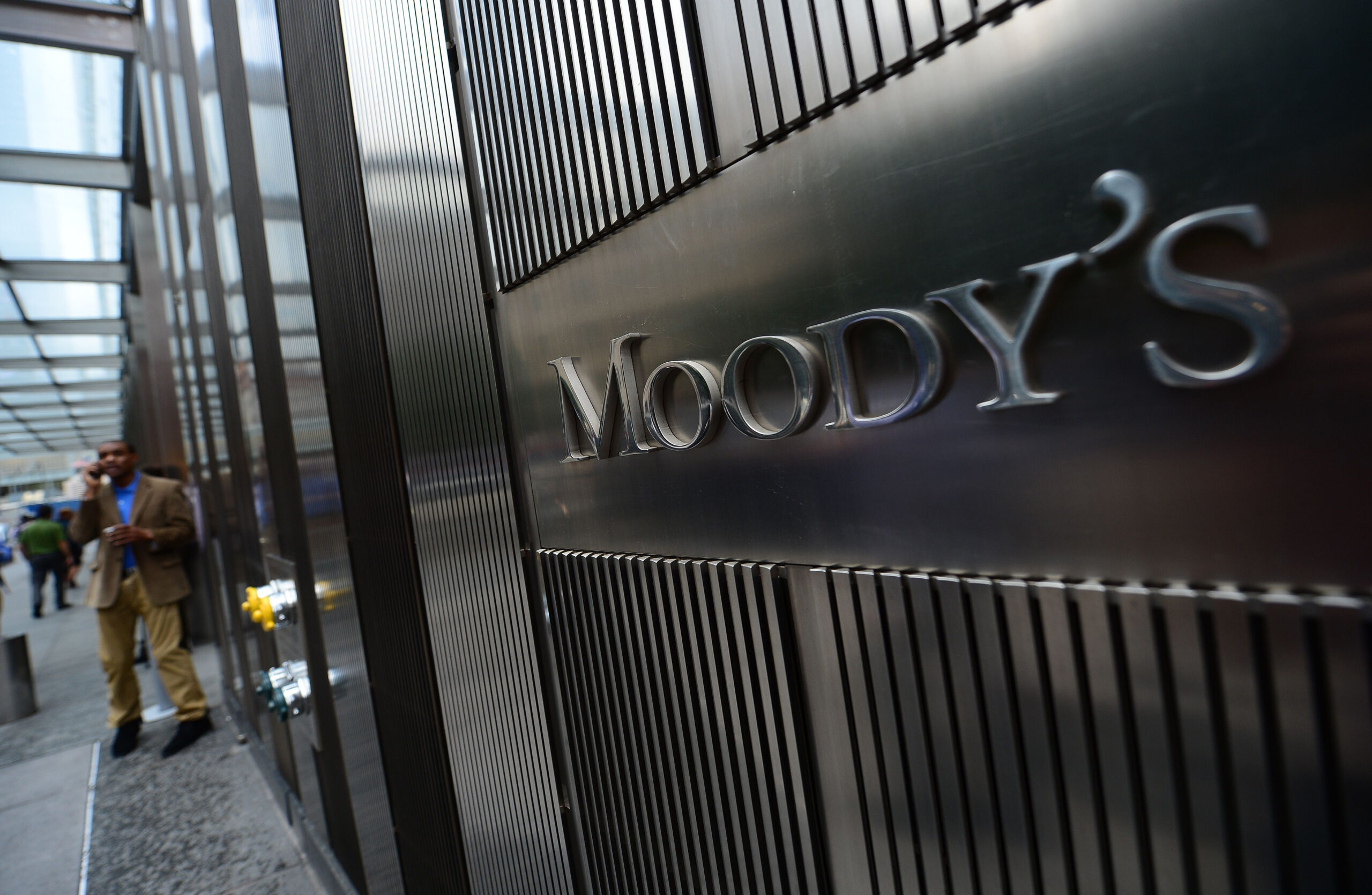Namibia could save up to N$340 million per year on national debt servicing if the three global rating agencies were fair, and if their assessments were based on accurate data and not on undue subjectivity.
This is part of the findings by the United Nations Development Programme (UNDP) contained in a recently released policy brief, titled ‘Lowering the Cost of Borrowing in Africa; The Role of Sovereign Credit Ratings’.
The N$340 million annually when spread over the average life of the assessed bonds will amass to about N$2,1 billion.
According to the note, not only would Namibia have a reduced interest rate bill, but the country would also be able to access an additional N$3,6 billion in new financing.
The UNDP says while these savings and opportunity cost appear to be negligible for large investment firms, they are considerable for African countries.
“If the ratings were more in line with economic fundamentals, the countries analysed could have additional funds available, considering both the savings in interest costs and the additional financing,” the note reads.
Namibia’s sovereign debt is assessed by Moody’s Investors Service and Fitch Ratings which are paid not less than N$2 million per year.
Namibia will spend over N$32 billion in interest payments over the next three years, and has already spent over N$16 billion between 2021 and 2022.
Savings on these payments over a five-year period could be over N$1,7 billion if the UNDP’s report is accurate.
The UNDP further said African countries which were surveyed, such as South Africa, Ghana, Angola, Benin, Cameroon, Ivory Coast, Egypt, Ethiopia, Gabon, Kenya, Morocco, Nigeria, Rwanda, Senegal and Tunisia, could save N$258 billion if credit ratings were consistent.
According to the UNDP, reducing interest rates paid by African countries on both domestic and foreign debt could greatly decrease the debt service burden they face.
This in turn would enable them to repay the principal faster and free up funds for more investments in development.
To solve this, “adjusting credit ratings that are inconsistent with countries’ macroeconomic reality could also improve risk perception and lead to increased foreign direct investment (FDI) flows.
This is because credit ratings often indirectly influence FDI by affecting the perception of a country’s investment climate and its ability to repay its debts,” the note reads.
By improving their credit ratings, African countries could attract more FDI, which is crucial for long-term economic growth and development, the UNDP says.
To solve this, the UNDP has asked that there be greater transparency for credit ratings methodologies, that there be an adoption and standardisation (for financial markets participants) of alternative ratings, and they need credit rating agencies to strengthen capacity of and promote a more efficient marketplace among already existing Africa-based agencies.
Ultimately though, the programme has called for the implementation of a regional pan-African rating agency.
During his time as finance minister, Calle Schlettwein has criticised some of the ratings confered on the country, saying they had ommitted some key state implementations that will over a period of time change the economic realities of the country.
Email: lazarus@namibian.com.na
Twitter: @Lasarus_A
Stay informed with The Namibian – your source for credible journalism. Get in-depth reporting and opinions for
only N$85 a month. Invest in journalism, invest in democracy –
Subscribe Now!







